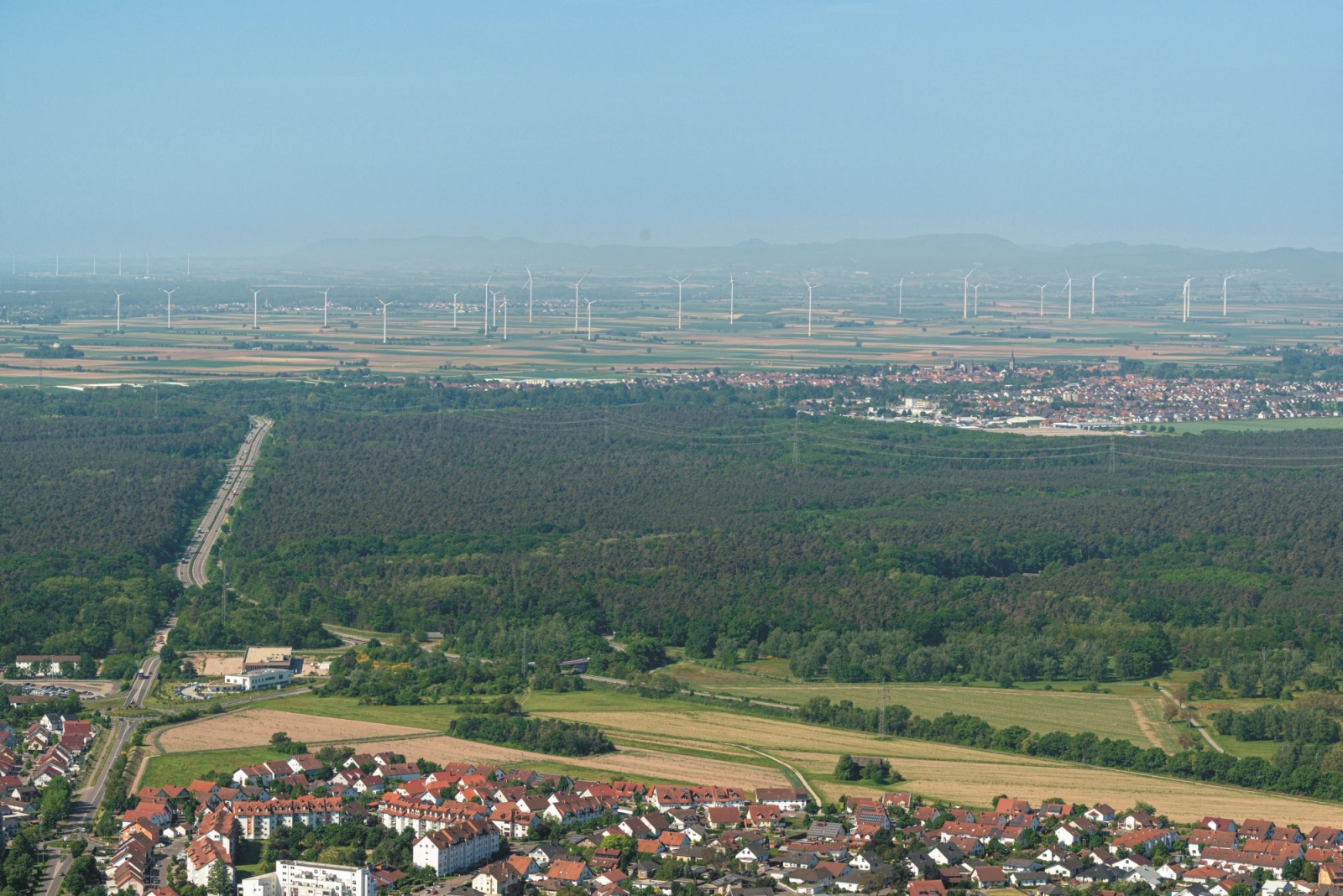Sustainability Innovation Campus launched

On 24 January, the fifth Sustainability Innovation Campus was launched in Baden-Württemberg. Under the motto "Transformations for City-Regions of the Future - Climate Protection, Resource Conservation & Well-being", the Karlsruhe Institute of Technology (KIT) and the University of Freiburg (UFR), together with partners from industry, are providing scientific support for the transition to a sustainable lifestyle.
A call for innovative and transdisciplinary projects was launched at the end of last year. Over the next one to two years, these projects will fill the Innovation Campus with life and lay the foundations for its further development. The aim is to create a research and transformation space for sustainability innovations with national and international visibility. The Rhine Valley, as the axis between Karlsruhe and Freiburg, faces major challenges in tackling the regional impacts of climate change on the environment, economy and society. For this reason, three fields of innovation have been selected to focus on: Climate Mitigation, Resource Conservation and Well-being.
Six projects were presented at the launch event in Freiburg. Three of them are initiation projects and the other three are exploratory projects. The South German Climate Office is involved in one of the exploratory projects. We will be working together with the Department of Human Geography at the University of Freiburg under the direction of Prof. Harmut Fünfgeld, the consultancy Klima-Plus with Stephanie Lorenz and the Regionalverband Südlicher Oberrhein with Anna Beyrle. Our aim is to analyse how a heat protection strategy adapted to local conditions can be implemented in small communities. Both the results of the regional climate modelling at IMKTRO and the local experiences with implementation, acceptance and advice in the region are crucial.
